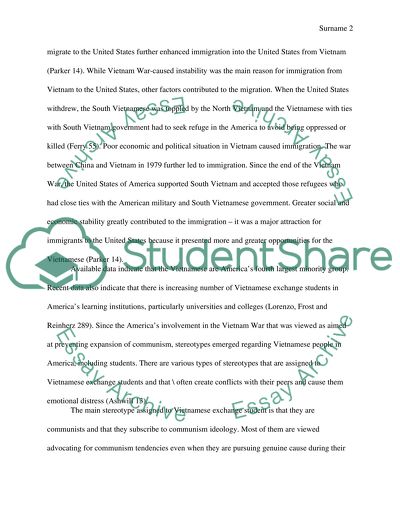Cite this document
(“Stereotypical view of Vietnamese exchange students as communists Research Paper”, n.d.)
Retrieved from https://studentshare.org/english/1464344-stereotypical-view-of-vietnamese-exchange-students
Retrieved from https://studentshare.org/english/1464344-stereotypical-view-of-vietnamese-exchange-students
(Stereotypical View of Vietnamese Exchange Students As Communists Research Paper)
https://studentshare.org/english/1464344-stereotypical-view-of-vietnamese-exchange-students.
https://studentshare.org/english/1464344-stereotypical-view-of-vietnamese-exchange-students.
“Stereotypical View of Vietnamese Exchange Students As Communists Research Paper”, n.d. https://studentshare.org/english/1464344-stereotypical-view-of-vietnamese-exchange-students.


